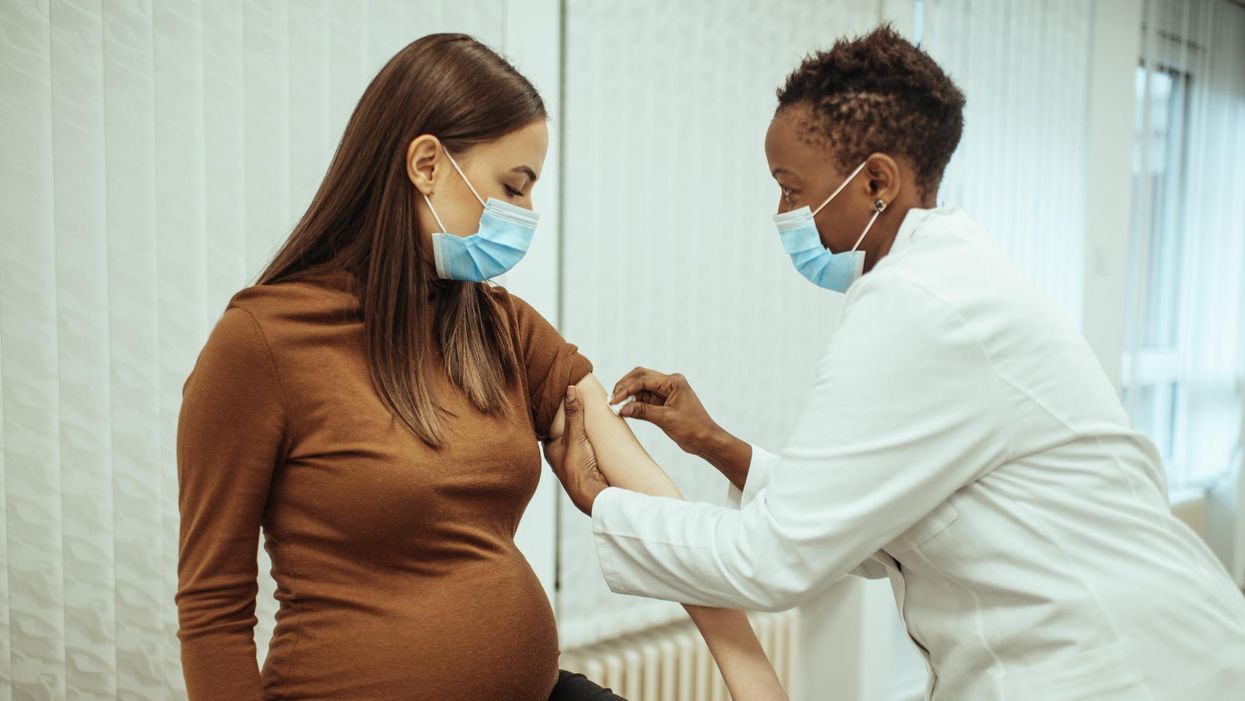Can pregnant women get vaccinated?
There is well-documented evidence of the efficacy, safety and benefits of maternal immunization. But, despite that evidence and the recommendations of healthcare providers, many pregnant women do not receive essential vaccines during pregnancy that protect their babies against influenza (flu), tetanus, diphtheria and whooping cough (Tdap).
In 2019 and 2020, only 40.3% of pregnant women received both flu and Tdap vaccines, and rates were far lower in some populations because of racial and ethnic disparities. Without these critical vaccines, mothers and their babies are left unprotected from potentially life-threatening complications if they contract these diseases.
Despite ongoing effort to increase education about the importance of maternal immunization rates, they still remain low, which is why numerous prominent organizations got together to create the white paper, “Improving Maternal Immunization Status: Working Toward Solutions to the Policy, Data, and Implementation Challenges Driving Suboptimal U.S. Maternal Vaccination Rates.” The goal was to provide a better understanding of the factors that may be contributing to pregnant women’s hesitancy to get vaccinated.
Expanding on themes identified in the white paper, a new survey is coming soon to examine the perceptions of vaccines among women during pregnancy and in their postpartum recovery, as well as those of healthcare providers who make recommendations about vaccines. The survey raises awareness of how vaccines can protect the health of mothers and babies. Look for the survey results to be released later this year.
White paper authors include HealthyWomen, along with the following organizations: Adult Vaccine Access Coalition, American College of Obstetricians and Gynecologists, American Public Health Association, AHIP, Association of Maternal & Child Health Programs, Association of Women's Health, Obstetrics and Neonatal Nurses, Immunization Action Coalition, March of Dimes, National Association of Hispanic Nurses, National Black Nurses Association, National Coalition for Infant Health, National Minority Quality Forum, Society for Maternal-Fetal Medicine, and Vaccinate Your Family.
Related articles:
https://www.healthywomen.org/health-care-policy/data-collection-coordination-of-education-efforts-close-gaps







